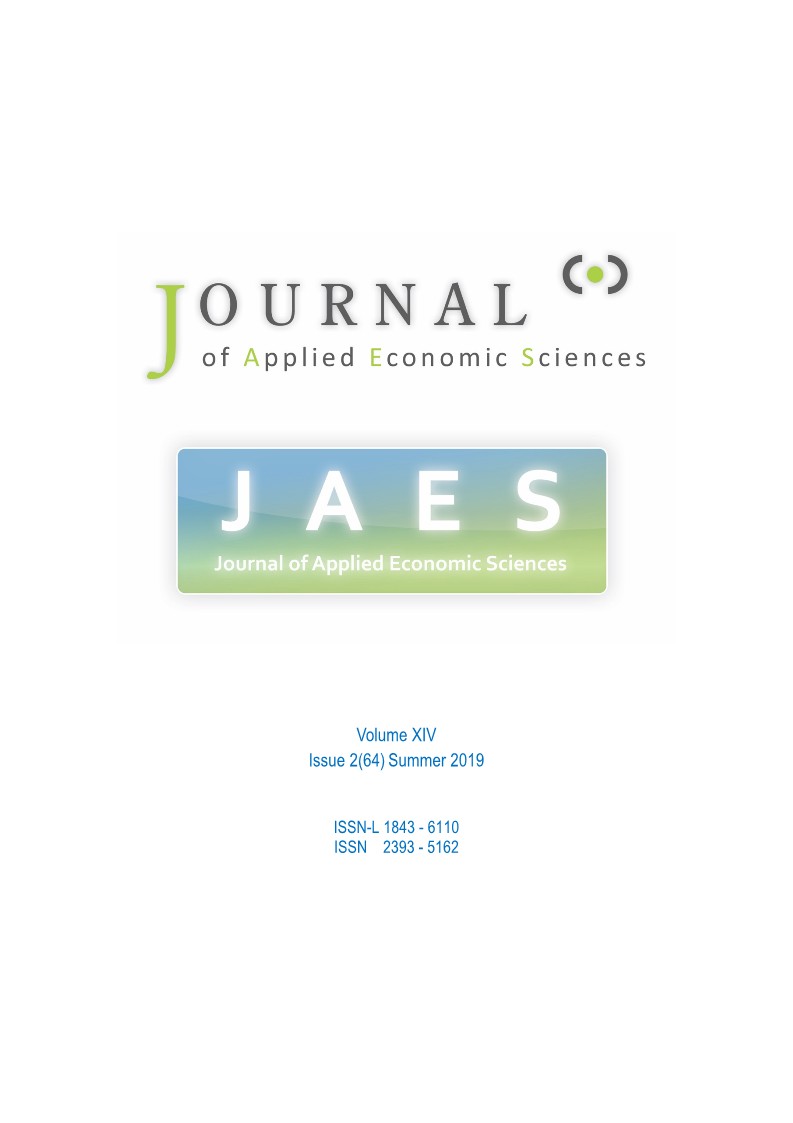International Financial Reporting Standards and Macroeconomic Indicators: Lessons from South Africa
International Financial Reporting Standards and Macroeconomic Indicators: Lessons from South Africa
Author(s): Michael Yeboah, András TakácsSubject(s): Economy, National Economy, Accounting - Business Administration
Published by: ASERS Publishing
Keywords: IFRS; macroeconomic indicators; panel data regression; South Africa;
Summary/Abstract: This paper evaluates the impact of International Financial Reporting Standards (IFRS) adoption and macroeconomic variables interaction with information asymmetry, analysts following and managerial opportunism. To that end, this research aims to find out whether South Africa’s IFRS adoption brings economic benefits such as Foreign Direct Investment (FDI) inflows, economic growth, and other non-macroeconomic benefits to companies listed on the Johannesburg Stock Exchange (JSE). A sample of 49-listed JSE mining and manufacturing firms were drawn from the archival databases of INET BFA/IRESS SA, Morningstar and Anupedia. This paper used data from 2001-2014 covering forty-nine listed firms in South Africa to assess the impact of IFRS on economic growth, exchange rate, government borrowing and interest rate. The Fixed Effects (FE) regression technique was only used for the exchange rate model, while the Pooled Ordinary Least Square (POLS) regression technique was used for other macroeconomic factors. The study found that, while IFRS had non-statistically significant impact on the exchange rate, economic growth, and the interest rate; it rather had a positive and significant impact on government borrowing. The study therefore concluded that, the impact of IFRS on macroeconomic variables is mixed and hence policymakers should be circumspect with additional factors. South African adoption of IFRS appears more relevant in enhancing FDI in countries.The study explores the credibility of annual financial statements with sufficient qualitative data to measure the extent of reduction on managerial opportunism, information asymmetry and increases of analysts following. In a moral hazard environment, company managers’ manipulation of accounting numbers, cause agency problems and as a result, shareholders interest focuses on improving reporting standards to ensure the viability and stock market development. The research considers dual harmonizing facets first, that the interaction with IFRS adoption and macroeconomic factors impact; and second, that IFRS moderation with managerial opportunism, information asymmetry, and analysts following impacts on the business prospects in Sub- Saharan Africa. The findings should be meaningful to managers, analysts, policymakers, and supervisory bodies in nations with similar capital structure decisions and socioeconomic systems.
Journal: Journal of Applied Economic Sciences (JAES)
- Issue Year: XIV/2019
- Issue No: 64
- Page Range: 586-604
- Page Count: 14
- Language: English

